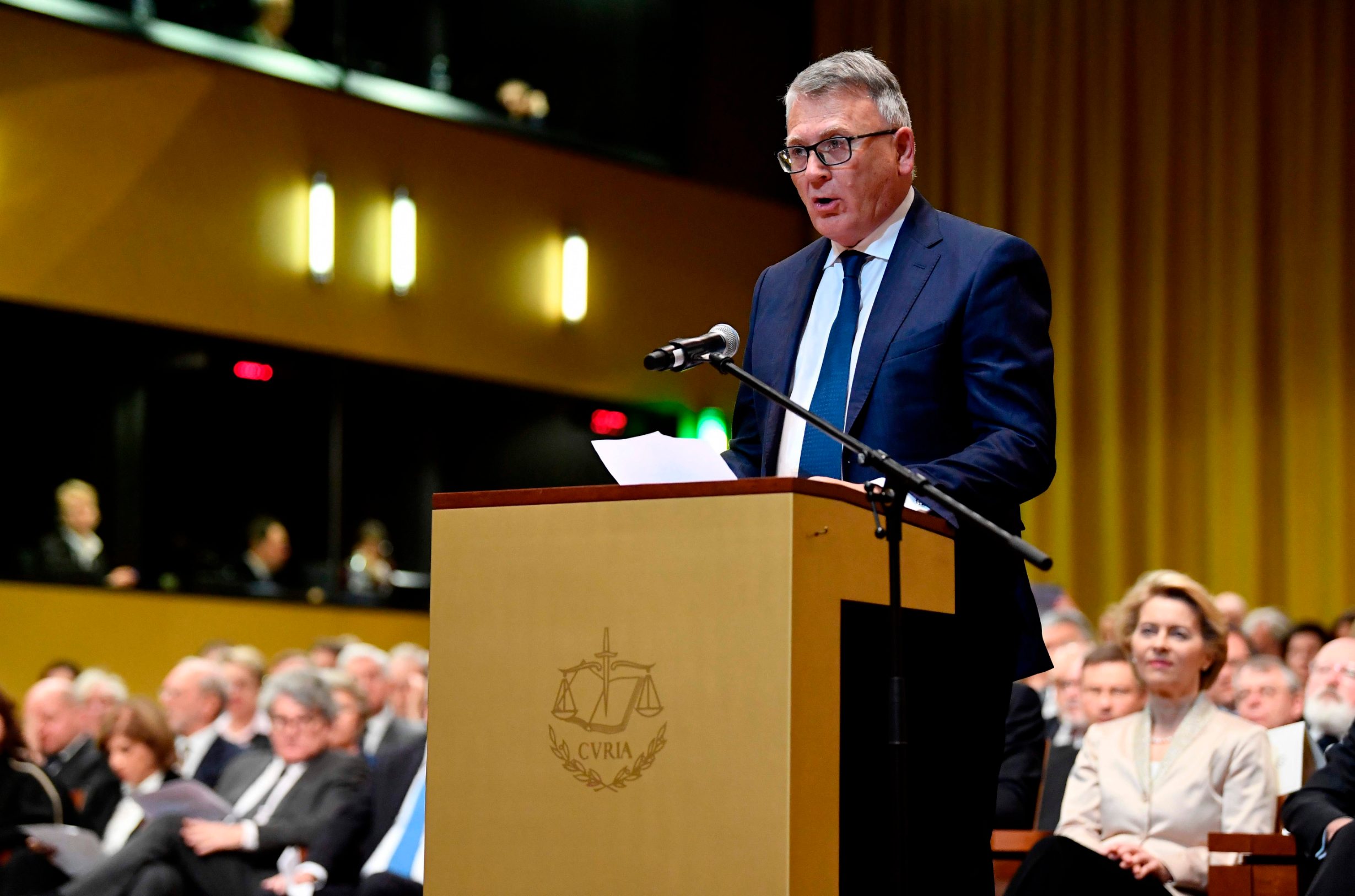Climate change, the destruction of our natural environment, and technological development have provoked an unprecedented response from the international community in recent years. However, much remains to be done. As industry becomes progressively greener and digital, the working lives of millions of Europeans will change. An ageing population and rising life expectancies also present new challenges for our health and social protection systems.
Current social indicators are positive - unemployment figures are at the lowest ever recorded in the EU and 7 million people were lifted out of poverty and social exclusion in the past ten years. However, inequalities persist and many still struggle to make ends meet. Not all children and young people have access to quality education or healthcare. Women are still underrepresented in the workplace and their careers are much more fragmented. We also remain far from closing the gender pay gap.
With Commission President Ursula von der Leyen’s European Green Deal, Europe has voiced its ambition to become the first climate-neutral continent by 2050. The shift will open new business opportunities, but will also require us to change our production patterns, consumption habits, how we move and what we eat. This means innovative and competitive new industries, new ways of earning a living, and new skillsets to be developed.
At the same time, the advent of artificial intelligence and robotics mean that many career paths will change and some may even disappear. Platform work and the gig economy are already disrupting many business models. Social protection in the new world of work must be a guarantee even – and most especially – for those working in precarious jobs.
Action at both EU and national level is needed to allow our future workforces to develop. We must ensure that all workers in the EU have the means to embrace opportunities and face down challenges ushered in by these transitions. The innovative and inclusive social market economy of the future must be about people - providing them with quality jobs that pay an adequate wage. The question of access to reskilling and upskilling opportunities will be paramount in this quest. No person, no region, no country can be left behind in our Union.
The new European Commission, which took office in December, has already mapped out areas where EU level action will be indispensable, but EU action alone is not enough. The European institutions and EU leaders pledged to put fairness at the heart of daily life by proclaiming the European Pillar of Social Rights in November 2017. This set of 20 rights and principles promotes equal opportunities and jobs for all, fair working conditions and social protection and inclusion in all our policies. Now it is time to move from pledge to action. The European Commission has just launched a debate with all EU countries, regions and social partners, asking all stakeholders to present their views on the way forward and inviting them to unite in a shared vision of the EU Pillar’s values. This debate will feed into the preparation of the Action Plan to implement the Pillar.
We are starting with a reflection on a possible European framework for minimum wages. All workers must have a fair wage that provides for a decent standard of living. However, too many working people in the EU still find themselves slipping into poverty. To alleviate this, we need to find common ground that would promote high standards on wage setting while boosting gradual economic and social convergence in the EU, promoting collective bargaining systems and respecting the autonomy of social partners. Any proposal will reflect that minimum wages should be set according to national traditions, through collective agreements or legal provisions.
Recent events have proven the edict that global challenges are too big to face alone. This also applies to the future of labour markets and their contribution to a competitive, sustainable and fair Europe. We must continue to strive for the highest of standards, so that all Europeans can live their lives with dignity and ambition.






Komentari
0